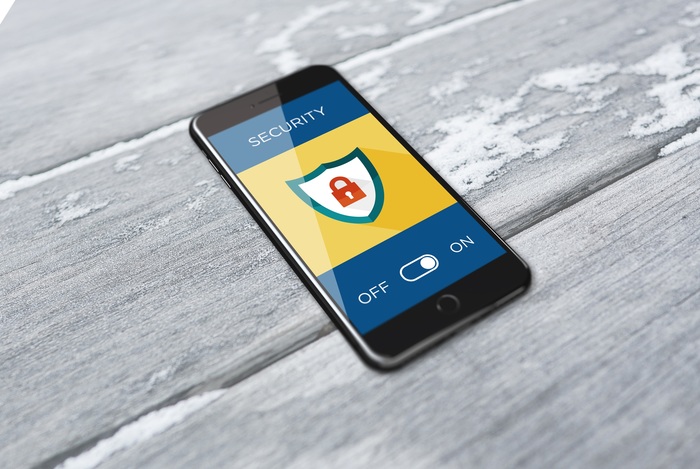Online Safety Suggestions
February 5, 2019

The internet seems like a safe private place you go on your computer, but in reality, there is a beehive of activity going on behind that screen. And the fact that some of that activity is done by unscrupulous people waiting to hack into accounts of unwary internet users makes it all the more dangerous.
Hackers are always on the prowl looking for personal information which they can use to access bank accounts or credit cards. And yes, it is possible to lose important personal information too by being careless and indulging in unsafe surfing. And not just banking information, hackers can also access your personal comments or images that you wouldn’t want to become public – and stand the risk of being blackmailed or victimized for them.
Here are some safety rules you can apply to remain safe online:
Privacy settings
All major websites have privacy-enhancing settings; in some cases, they may be a little hard to find as companies want your personal information for purposes of marketing. Your browsing and social media usage also leave a lot of information behind for others to hack into.
Keep it professional
Be careful who you share your personal contact information with. You might end up sharing it with millions online unknowingly.
Safe browsing
Just as you would avoid dangerous neighbourhoods, so should you avoid sites with dubious content. Just one curious click could expose your personal data or worse, infect your device with malware. Keep your guard up.
Downloads
Cyber criminals can trick you into downloading malware –it could be an app, a game or some interesting-looking quiz.
Internet connection
You might feel happy using ‘free’ Wi-Fi in a public space, but do remember that you have no control over its security. Unless you are sure your device is secure, don’t log into any accounts while using public Wi-Fi.
Password
Always choose hard complicated passwords, making it difficult for cyber criminals to break into. Most people have a tendency to choose easy ones so they don’t forget. Stay safe and go for combination passwords using numbers and letters.
Online shopping
When making online purchases, ensure that it’s a secure site that provides encrypted connections. Cyber criminals are always on the lookout for easy access to credit card or bank information.
Online social life
Be careful who you connect with online as they may not be who they claim to be. Hackers use social media to cosy up to innocent users.
Anti-virus
Keep your anti-virus up-to-date. Though it can detect most malware, keeping your operating system up-to-date ensures there are no nasty surprises lurking online.

